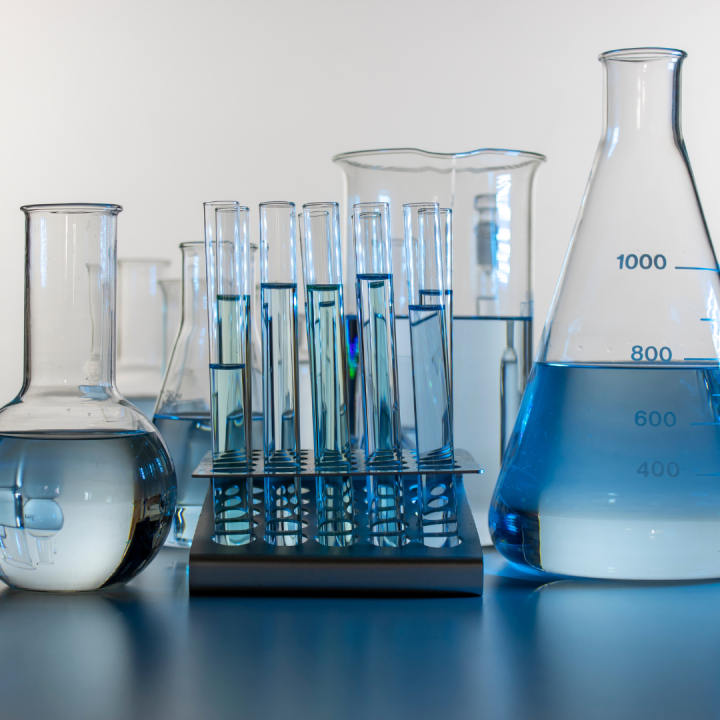Heavy metal residue testing
Heavy Metal Residue Testing Protecting Your Business and Ensuring Safety
In todays fast-paced business environment, ensuring the safety of your products and services is paramount. One critical aspect of maintaining this safety is testing for heavy metal residues in materials and products. Heavy metal residue testing is a laboratory service provided by Eurolab that helps businesses detect and quantify the presence of toxic metals such as lead, mercury, cadmium, and arsenic. In this article, we will delve into the importance of heavy metal residue testing and explore its numerous benefits for businesses.
What is Heavy Metal Residue Testing?
Heavy metal residue testing involves analyzing materials and products for the presence of heavy metals, which can be hazardous to human health and the environment. These metals are commonly found in industrial processes, such as manufacturing, mining, and smelting, where they can contaminate products and pose a risk to consumers. Heavy metal residue testing is essential for businesses that handle or manufacture products with potential exposure to heavy metals.
Why is Heavy Metal Residue Testing Essential for Businesses?
Heavy metal residue testing provides numerous benefits for businesses, including
Compliance with Regulations Many industries are regulated by laws and standards that dictate the maximum allowable limits of heavy metals in materials and products. By conducting regular heavy metal residue testing, businesses can ensure compliance with these regulations and avoid costly penalties.
Protection of Customer Health Heavy metals can be toxic to humans and animals, posing serious health risks if ingested or absorbed through skin contact. Regular testing helps ensure that products are safe for use by consumers, reducing the risk of product recalls and damage to your reputation.
Prevention of Environmental Pollution Heavy metals can contaminate soil, water, and air, causing environmental pollution and harm to ecosystems. By detecting and removing heavy metal residues from materials and products, businesses can minimize their ecological footprint and contribute to a healthier environment.
Cost Savings Conducting regular heavy metal residue testing can help businesses identify potential problems before they become costly issues. By addressing contamination early on, companies can save money by avoiding expensive clean-up operations or product recalls.
Key Benefits of Heavy Metal Residue Testing
Eurolabs comprehensive heavy metal residue testing services offer numerous benefits to businesses, including
Accurate Results Our state-of-the-art laboratory equipment and expert analysts provide precise and reliable results, ensuring that your business has the most accurate information possible.
Rapid Turnaround Time We understand the importance of timely results, which is why we strive to deliver fast turnaround times without compromising on accuracy or quality.
Expertise and Knowledge Our team of experienced scientists and analysts are dedicated to providing exceptional service, ensuring that you receive expert guidance throughout the testing process.
Flexibility and Customization We offer flexible sampling options and customized testing packages tailored to your specific business needs.
What Types of Materials Can be Tested for Heavy Metal Residues?
Eurolabs heavy metal residue testing services are versatile and can be applied to a wide range of materials, including
Food Products Foods contaminated with heavy metals pose significant health risks, which is why we offer specialized testing for foods such as spices, nuts, and grains.
Cosmetics and Personal Care Products Heavy metals in cosmetics and personal care products can cause skin irritation or long-term health problems. We offer comprehensive testing for these types of products to ensure they meet regulatory standards.
Industrial Materials Industrial materials like pigments, coatings, and plating solutions may contain heavy metal residues that need to be detected and quantified.
QA Section
Frequently Asked Questions about Heavy Metal Residue Testing
Q What are the most common heavy metals tested for?
A The most common heavy metals tested for include lead, mercury, cadmium, and arsenic. However, other heavy metals such as chromium, copper, and nickel may also be tested depending on specific industry regulations.
Q How is heavy metal residue testing conducted?
A Heavy metal residue testing typically involves collecting a sample from the material or product in question. The sample is then analyzed using techniques such as atomic absorption spectroscopy (AAS), inductively coupled plasma mass spectrometry (ICP-MS), or graphite furnace atomic absorption spectroscopy (GFAAS).
Q What are the advantages of outsourcing heavy metal residue testing to a third-party laboratory like Eurolab?
A Outsourcing testing provides businesses with access to specialized equipment, expert analysts, and rigorous quality control procedures that ensure accurate and reliable results.
Q How do I prepare my samples for heavy metal residue testing?
A It is essential to follow proper sampling and preparation protocols to ensure the accuracy of test results. Our experienced analysts can guide you through the process to ensure your samples are prepared correctly.
Conclusion
Heavy metal residue testing is a critical aspect of maintaining product safety and regulatory compliance in industries that handle or manufacture products with potential exposure to heavy metals. Eurolabs comprehensive services provide accurate, reliable, and timely results, ensuring businesses stay ahead of industry regulations and minimize the risk of costly problems. With our expertise and knowledge, you can trust that your business is protected from the hazards associated with heavy metal residues.
Dont wait until its too late contact us today to learn more about how Eurolabs heavy metal residue testing services can safeguard your business and protect public health.




